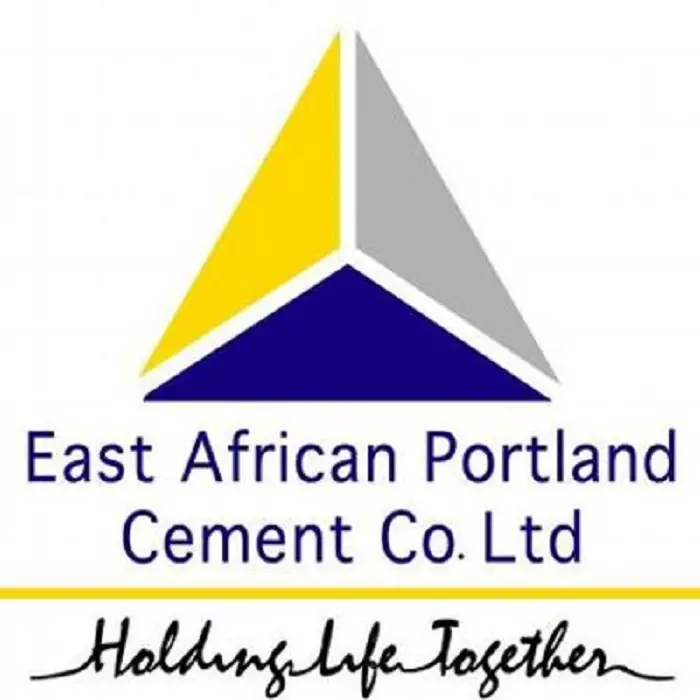Kenya’s East African Portland Cement aims to sell land and shed 1 000 workers – two thirds of its staff – to cut debt and try to revive its fortunes after its market share plummeted, its chairperson said.
Portland, 52% owned by the state, was found technically insolvent in a November report by Kenya’s auditor-general, because its liabilities outstripped assets.
But board chairperson Bill Lay said that Portland owned 15 000 acres of land near the capital Nairobi and said it was worth more than the 10-billion shillings ($98-million) needed to finance a turnaround for the company.
“If we were able to extract all the value of our land assets we would be able to retire our debts, right size our workforce, pay our creditors and we would have cash in the bank,” he said.
The company reported a pretax profit of 3.7-billion shillings for its year to the end of June but that was mainly due to valuation gains on its assets like land. It lost 1.5-billion shillings from operations during the period.
The earnings report was delayed for several weeks due to queries raised by the auditor general.
Portland owes 6 billion shillings to local banks, as well as other debts that include a yen-denominated loan.
Lay, a former General Motors executive who was appointed chairman three years ago, said the firm planned to spend 2 billion shillings on the voluntary early retirement of 1,000 workers once funds became available.
“Portland has an excessive, bloated workforce,” he said, adding only 500 workers would remain once that was completed.
He said the government had expressed interest in using some of the land for other projects. “We have been talking to them about various options, like they give us an advance on the sale of the land,” the chairman said.
If land selling did not proceed, Portland could bring in a strategic investor to inject the required funds, Lay added.
The firm, more than 40% owned by Swiss building materials manufacturer LafargeHolcim, has seen its market share plunge by half in the last three years, to just 12%, weighed down by high costs and nimbler rivals who have invested in new technology.
Portland competes with Bamburi Cement, ARM Cement and three other firms. Its shares are down 54% this year to trade at 21 shillings each.
